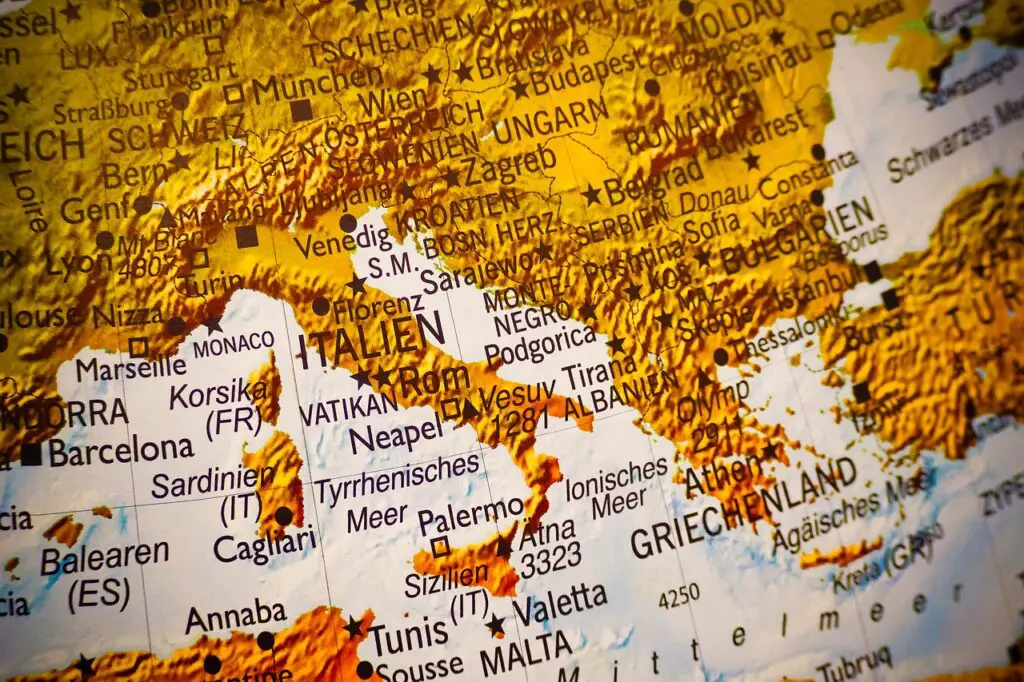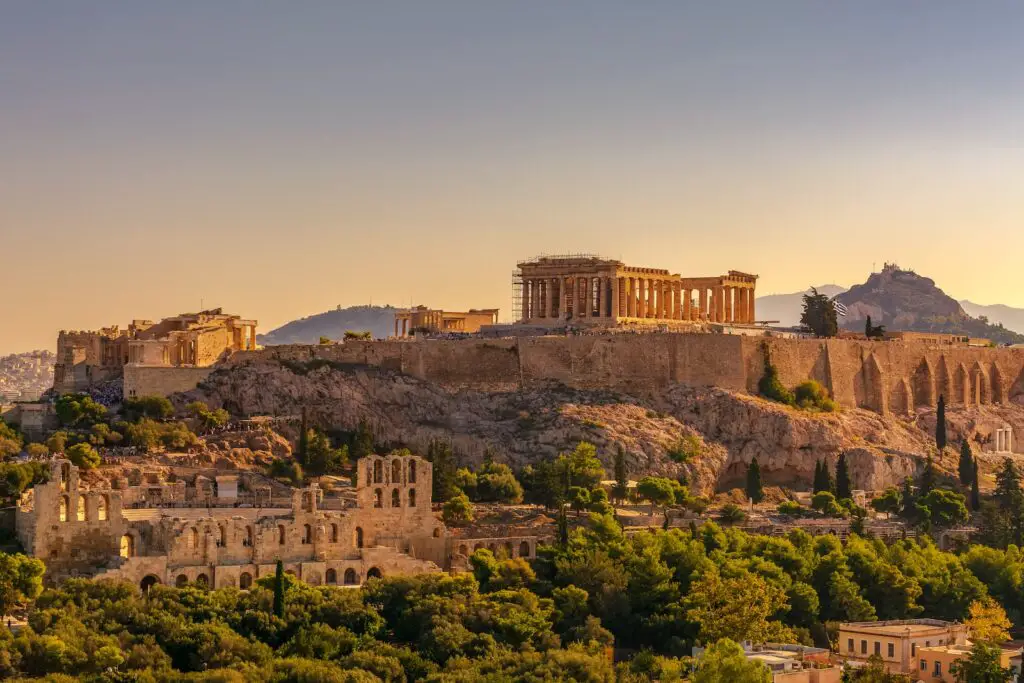What Continent is Greece in?
Have you ever found yourself asking the question, “What continent is Greece in?” If so, you’re not alone! Whether you’re planning a trip to the Mediterranean or just brushing up on your world geography, finding out what continent Greece is in is an important part of understanding its place in the world. Let’s take a look at where this beautiful country resides.
Greece is located in south-eastern Europe and shares borders with Albania, Bulgaria, North Macedonia and Turkey. Its total land area measures 131,957 square km and consists of several islands off its coast. Greece has been part of the European Union since 1981, and it’s considered one of the oldest countries in Europe.

Greece has a rich history that dates back thousands of years, and other civilizations have greatly influenced its culture throughout time. In fact, some historians believe that Greek civilization is responsible for laying down the foundations of modern European culture. Its capital city Athens was once home to some of the most influential thinkers of antiquity, such as Socrates and Plato, who laid down many philosophical principles which are still relevant today.

For centuries, Greeks have also been known for their cuisine, which heavily features seafood dishes due to their geographical location near the sea. Some popular Greek dishes include moussaka (a layered eggplant dish), dolmades (stuffed vine leaves) and souvlaki (grilled meat skewers). The country also produces a variety of wines from its many vineyards located around the country.

So there you have it – Greece is officially part of Europe! This stunning country has so much to offer visitors – from its rich cultural heritage to its mouth-watering cuisine – making it an ideal destination if you’re looking for an unforgettable experience in Europe. Whether you are looking to explore ancient ruins or relax on a beach under the sun – Greece will not disappoint!
Discover how to get to Greece by looking at the Airports in Greece here, or start planning your trip by looking at our detailed island travel guides:
Return to Homepage >>>
